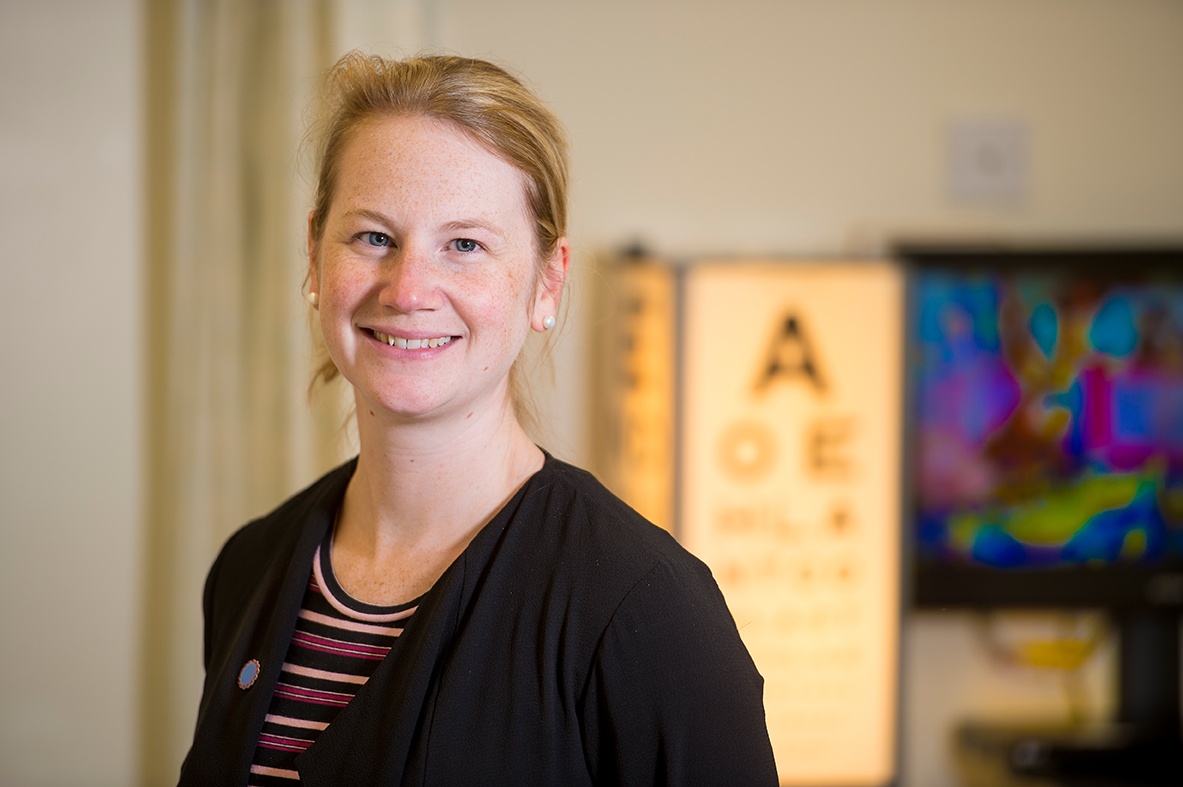Your Career
Orthoptists investigate, diagnose and treat defects of binocular vision and abnormalities of eye movement.
Orthoptist
Orthoptics is an exciting and varied career. It offers you the chance to make a difference, a high degree of flexibility and excellent employment prospects. You’ll work with patients every day to help improve their care and their lives.
Orthoptists investigate, diagnose and treat defects of binocular vision and abnormalities of eye movement. For example, they may deal with:
- misalignment of the eyes (strabismus or squint)
- double vision (diplopia)
- reduced vision (amblyopia)
What you’ll do as an orthoptist
You’ll see a huge variety of patients and help them with many different issues as an orthoptist. Some examples of things you might work on include:
- assessing the vision of babies and small children including children with special needs
- ensuring speedy rehabilitation of patients who have suffered stroke or brain injuries
- diagnosing and monitoring long term eye conditions such as glaucoma
Variety is one of the most exciting things about being an orthoptist. As well as seeing different patients and conditions you’ll also have the opportunity to work independently as well as part of a multi-disciplinary team including consultant eye surgeons (ophthalmologists), optometrists and nurses.
Treatments can include eye patches, glasses or exercises. Some eye problems, such as double vision, may be indicators of other health problems including multiple sclerosis or tumour. You'll play an important part in spotting these serious conditions.
Most orthoptists work in the NHS. You may work in an eye hospital, hospital eye department or a community health centre. You may also visit schools, including special schools. Outside the NHS, you may work in private clinics.
You'll work independently or with other eye specialists such as consultant eye surgeons (ophthalmologists), optometrists and nurses. You may work in multidisciplinary teams dealing with, for example, children or stroke patients.
How to become an orthoptist
To become an orthoptist you’ll need to train and study for an undergraduate degree. Entry requirements vary depending on where you’d like to study. You can find the orthoptics course to suit you the Health Careers Course Finder tool.
Course finder

Please note that all content on this page is copyright of Health Education England.

